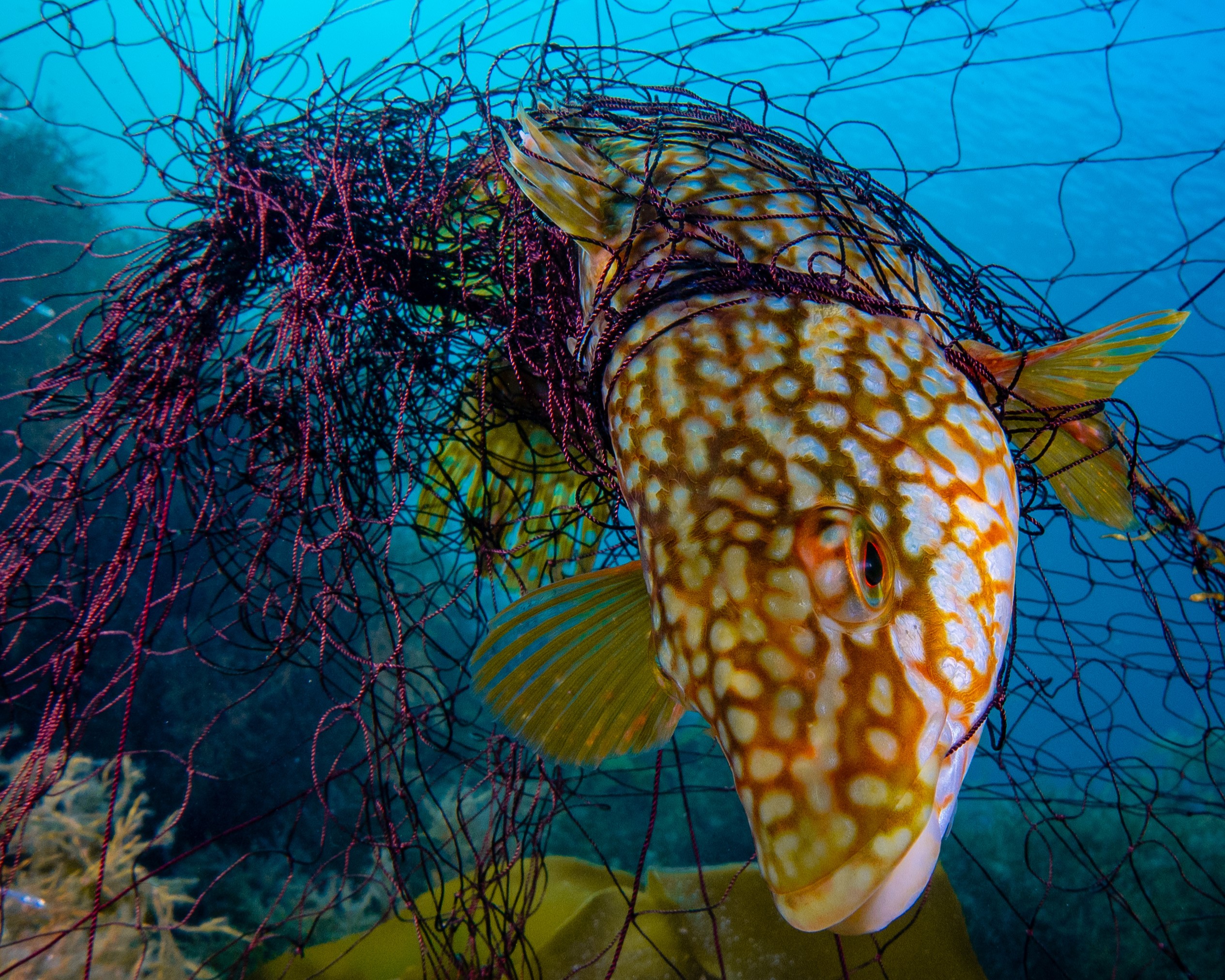
Sustainable Fishing & Consumption of Fish
Industrial Fishing and Recommended Choices
The consequences of overfishing are already visible in the environment. In addition to the decrease in stocks, we are witnessing a reduction in the size of the caught individuals. The pressure of fishing is such that some species do not have time to reach their adult size and sometimes to reproduce.
In fish markets, we encourage you to inquire about the origin of the fish, the state of the stocks, and the fishing techniques used. We generally disapprove of all deep-sea fish catches (> 800 m) because the targeted species have a very slow biological rhythm and reach sexual maturity after several decades.
We also advise against the purchase and consumption of most shark species. As the last link in marine ecosystems, they are essential regulators of the oceans. Furthermore, today, with the increasing pollution of waters, they store numerous toxins that it is better to avoid consuming.
We encourage conscious consumption and eco-responsible fishing practices to prevent the depletion of fish stocks, the disappearance of species, and the imbalance of marine ecosystems.
Non-selective fishing methods (dredging, trawling, electric fishing, bottom fishing) have significant impacts on ecosystems. We support initiatives aimed at developing sustainable alternatives to these practices.
Recreational Fishing
Before casting your line, it is important to familiarize yourself with local fishing regulations. These rules vary by country; some can be very strict and legally enforceable, such as in France, while others may be non-existent or very lenient in different regions.
In the absence of regulations, it is advisable to impose a code of conduct on oneself. It is everyone’s responsibility to be aware of the consequences of their actions and how they affect the natural environment. Before removing a fish from a hook, make sure to wet your hands thoroughly to avoid damaging its scales.
If you are fishing for consumption, do not take more than you can eat. Additionally, you must adhere to size limits to ensure that only adult individuals are caught, allowing them enough time to reproduce over several years. This helps prevent the depletion of the fish population. These rules also apply to underwater fishing.


